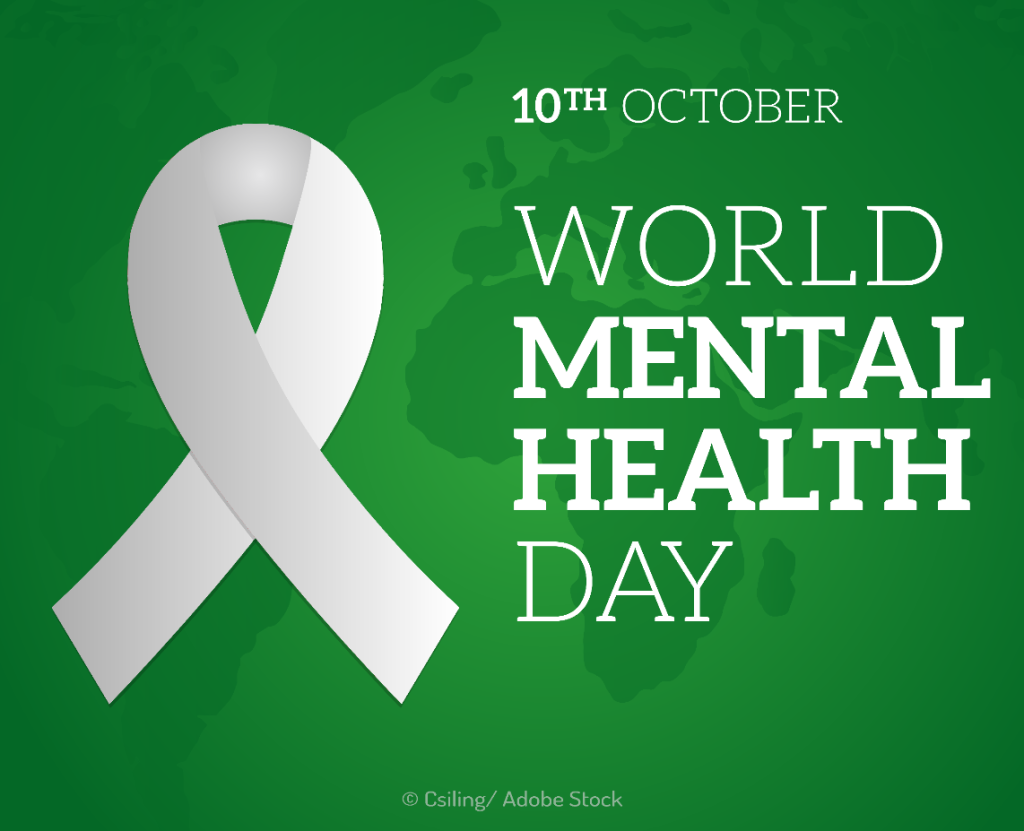
World Mental Health Day 2019 – Why it matters
I read something recently which really struck me and, as it’s World Mental Health Day today, I thought I’d share. It was an interview with Steve Beedie, the wellbeing campaigner we’ve talked about before. He said: “You will never hear of someone stopping the job because of their mental health. You’ll stop the job because of a safety concern… but we need to remember – it’s not safety and health; it’s health and safety.”
And it really made me pause and think. If we’re not starting from a position of health at the start – how can we ensure that the next critical part, ‘safety’, can be achieved?
Mental health is a massive issue and, although it’s something that people are conscious of, I believe as an industry we face particular pressures that require us to stretch ourselves even further to address. If anyone questions whether it’s of value, you only need to start a conversation and see what engagement you get. Take Bernard Looney, chief executive of BP’s upstream division, who shared his own experiences in a townhall. “The response I got was quite frankly extraordinary, not because of how well the story was told, but because there was so much desire inside the company to talk about it and share stories. Since then I’ve been doing quite a bit in this space.”
BP is doing a lot around counselling and identifying areas where the company may have mental health hotspots that need extra support. “Everyone is dealing with something” says Bernard. Never a truer word was spoken.
Earlier this year Paul McMonagle spoke out about his mental health, after attempting to take his life. He struggled to deal with crippling anxiety, partial epilepsy and blindness for years and turned to alcohol and drugs. But having experienced professional help, he’s now able to share his story – even though not everyone approves. “I have in the past had people telling me I shouldn’t be talking about it, and that it is for home,” he says, “But you bring everything from your home life into your work life.”
His employer, Wood, get it. It’s helping Paul to raise awareness around the issues and tackle the continued stigma: “Wood is committed to open conversations around mental health and creating an environment where our employees feel comfortable to speak up. As part of our focus on employee wellbeing, we aim to raise awareness of mental health issues and encourage our people to take time to care for one another, learn about mental health and recognise the signs if someone is struggling.”
Think about three other people you know. While the stats say one in four of us will experience a mental health problem at some point in our life, we’re all constantly on a scale and while we may have good mental health today, it doesn’t mean we might not face some stresses and experience poor mental health next month. What we need to learn is how to deal with it, feeling that you’re in a safe space to give yourself time and knowing that you can ask for help if you need it.
I’m keen to hear from you on what helps. Does technology like FaceTime and WhatsApp make it easier to deal with being away from family and friends? I’m not sure. If you spend more time connecting at home than you do with your team on the boat, does that compound the feeling of loneliness when you hang up or stop texting?
In a recent interview we did with two of our freelancers Dan and Simon, they both talked about how the biggest downside of the job was missing out on home events. If we glue ourselves to social media when we’re away, it emphasises what we’re missing. There’s no doubt Facebook can be positive for some, but I believe it needs to be used with caution when you’re away – especially if you know that you get the FOMO blues.
One of the most mindful things I did back when I worked offshore was spending time to get to know other people on the boat, not just the people I was working with in the survey team but everyone from the crane driver to the cook (ESPECIALLY the cook!). It might sound simple but the more people you speak to on a boat the less of a lonely place it becomes. I know people will be able to relate to the countless hours spent walking in a circle on the helideck chatting nonsense about everything and nothing, shared experiences can create some of the strongest bonds, that I’m still in touch with so many colleagues from my offshore days is testament to that fact.
I’d like to hear what works for you, and what else you’d like to see happen to help protect everyone’s mental health onboard?


